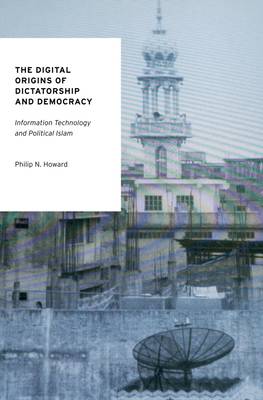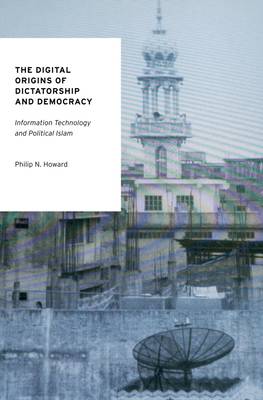
- Retrait gratuit dans votre magasin Club
- 7.000.000 titres dans notre catalogue
- Payer en toute sécurité
- Toujours un magasin près de chez vous
- Retrait gratuit dans votre magasin Club
- 7.000.0000 titres dans notre catalogue
- Payer en toute sécurité
- Toujours un magasin près de chez vous
The Digital Origins of Dictatorship and Democracy
Information Technology and Political Islam
Philip N Howard
75,95 €
+ 151 points
Format
Description
Around the developing world, political leaders face a dilemma: the very information and communication technologies that boost economic fortunes also undermine power structures. Globally, one in ten internet users is a Muslim living in a populous Muslim community. In these countries, young people are developing political identities online, and digital technologies are helping civil society build systems of political communication independent of the state and beyond easy manipulation by cultural or religious elites. With unique data on patterns of media ownership and technology use, The Digital Origins of Dictatorship and Democracy demonstrates how, since the mid-1990s, information technologies have had a role in political transformation. Democratic revolutions are not caused by new information technologies. But in the Muslim world, democratization is no longer possible without them.
Spécifications
Parties prenantes
- Auteur(s) :
- Editeur:
Contenu
- Nombre de pages :
- 304
- Langue:
- Anglais
- Collection :
Caractéristiques
- EAN:
- 9780199736423
- Date de parution :
- 21-09-10
- Format:
- Livre broché
- Format numérique:
- Trade paperback (VS)
- Dimensions :
- 152 mm x 229 mm
- Poids :
- 439 g

Les avis
Nous publions uniquement les avis qui respectent les conditions requises. Consultez nos conditions pour les avis.






